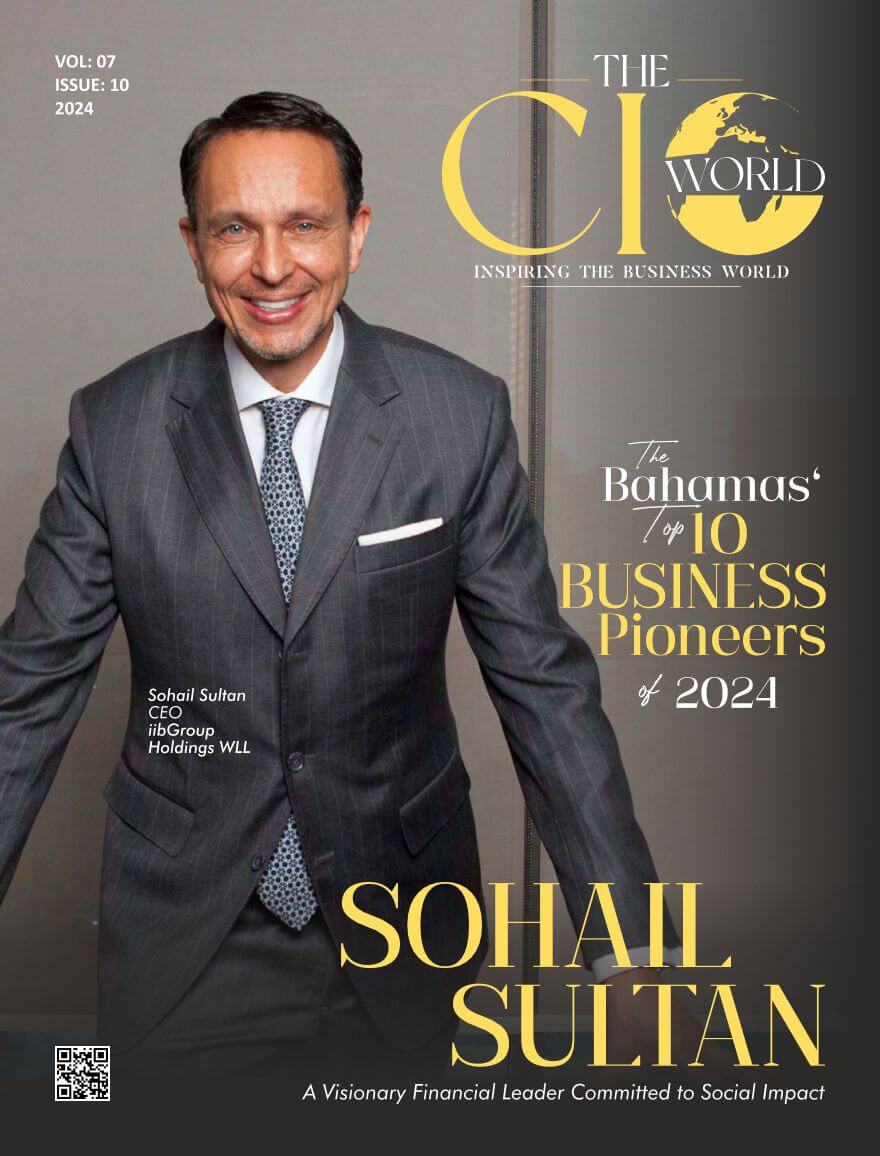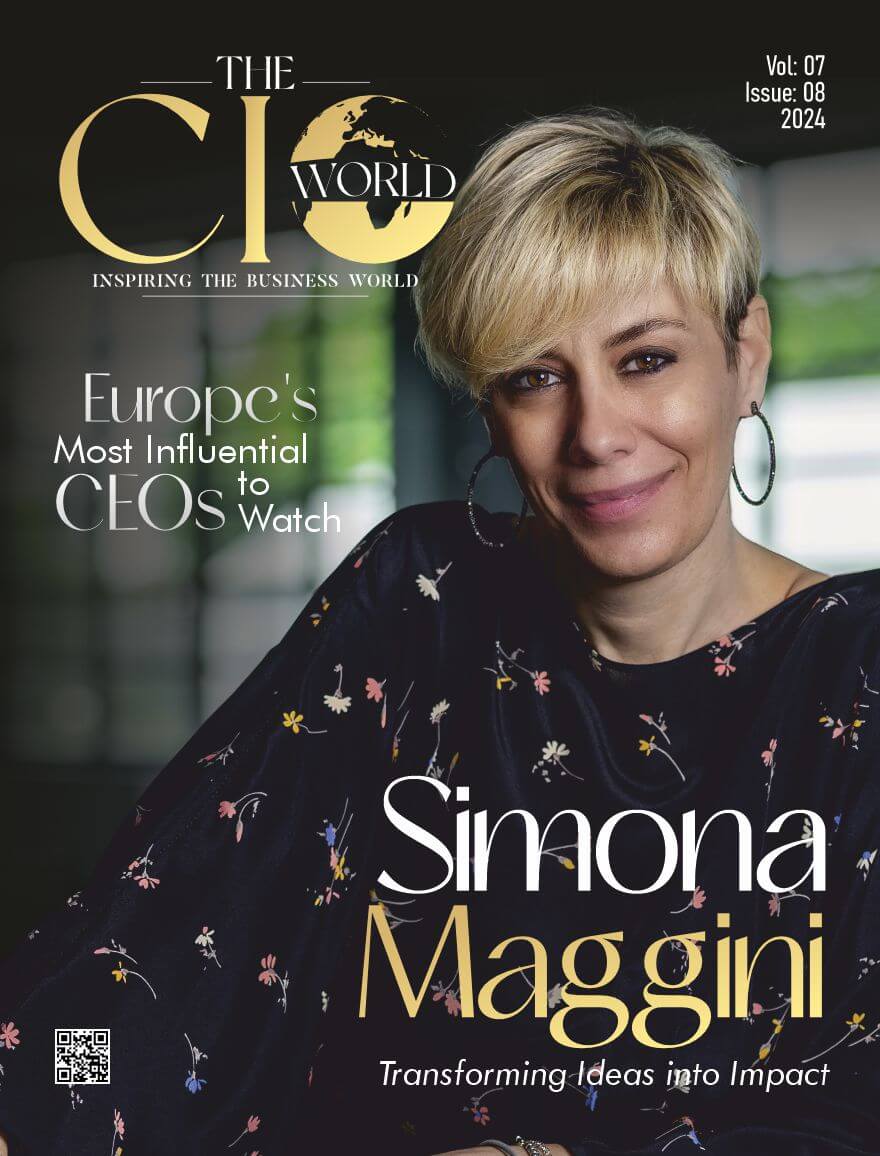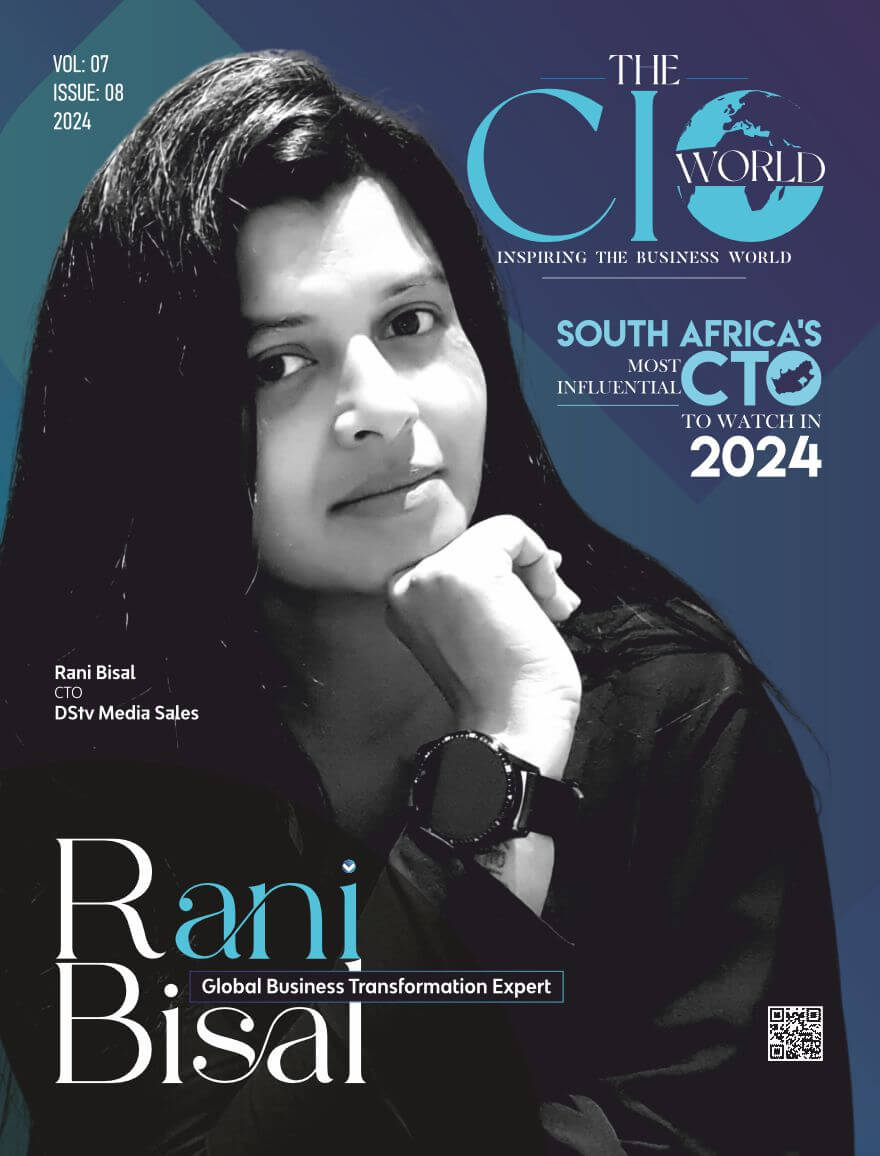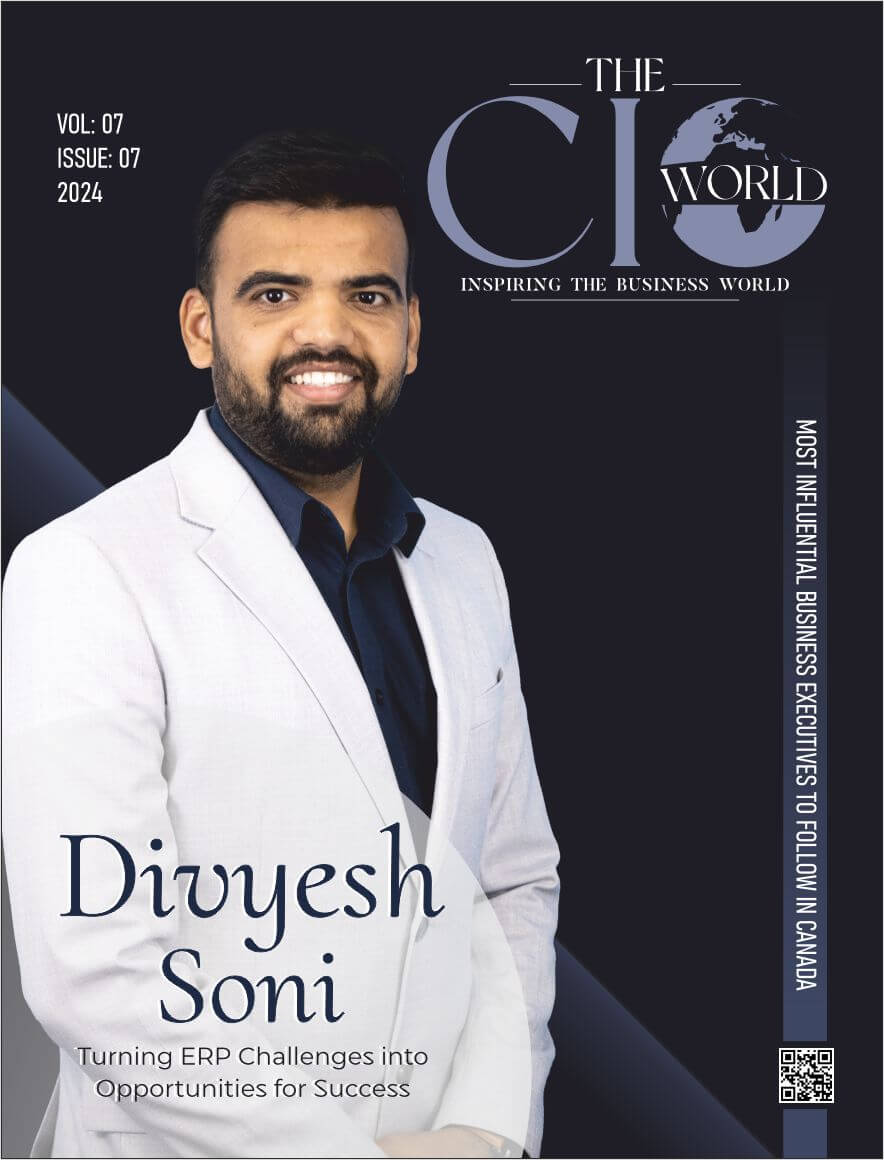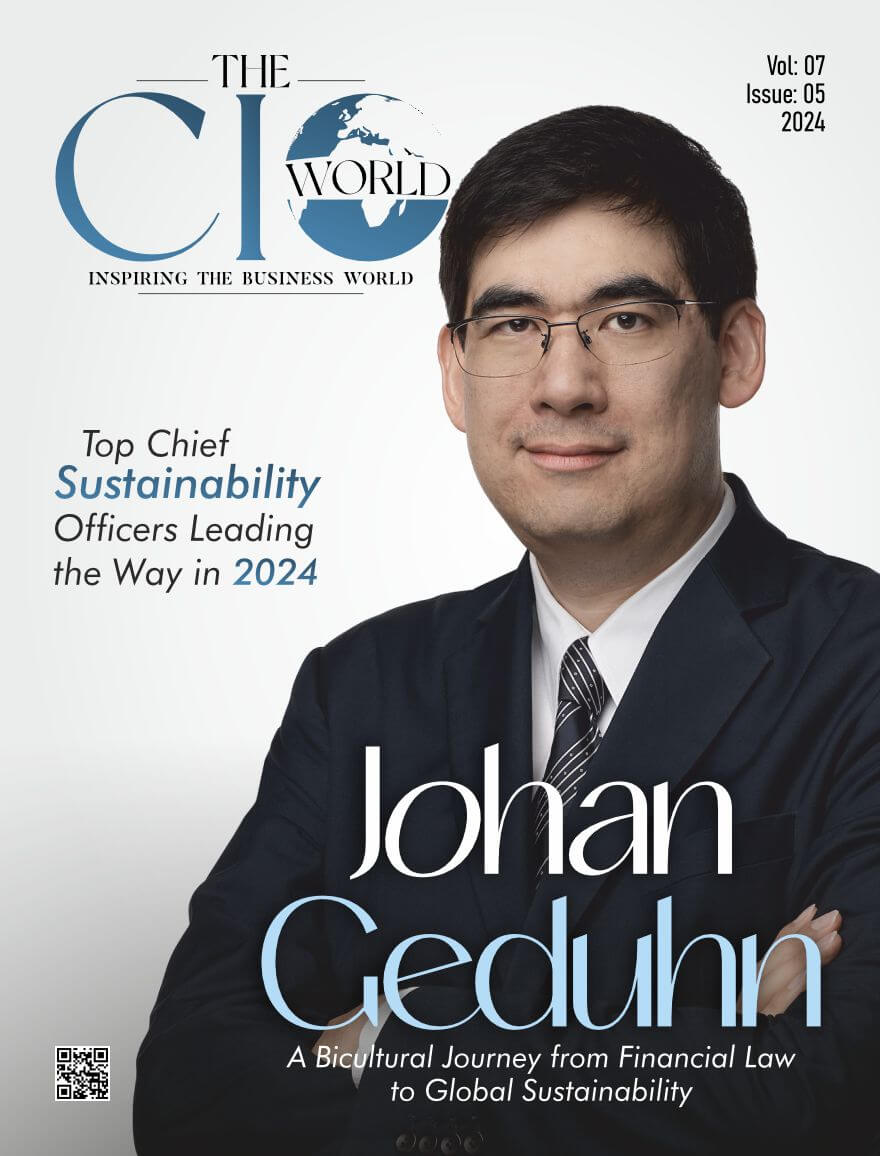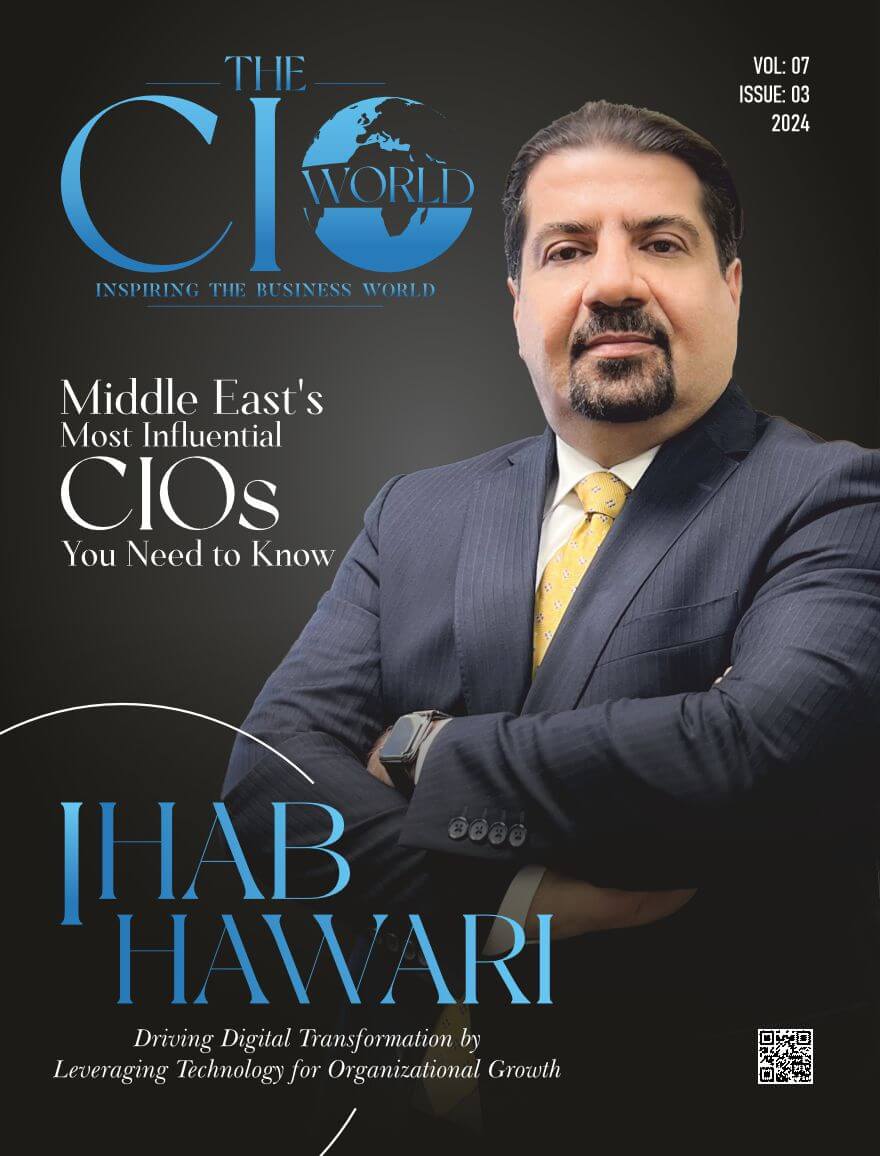A Story of Grassroots Activism, Empowering Communities, and Transforming Injustice
The world is teeming with opportunities for positive change. We’ve all experienced them in some form or another: the time we were denied a loan because of our race; the time we were denied medical treatment because of our gender; and the time we were told we weren’t qualified for a job because of our age.
But what happens when you’re wronged? What if you’re not afforded justice?
You have a choice: you can become frustrated or you can take action. That’s precisely what Jessica chose to do. She committed herself to ensuring that fairness prevails, and she dedicates herself to helping others receive the recognition and support they rightfully deserve
In the heart of South Africa, a young girl named Jessica Dewhurst began to see the world around her through different eyes. The “Rainbow Nation,” as her country was known, boasted of equal rights and freedoms for all, but the reality she witnessed was one of deep division and inequality. This realization ignited a spark within her, a passion to make a change.
Growing up in a land marred by a history of racial segregation and apartheid, Jessica knew that her privilege as a white South African could be a powerful tool for justice. Under the mentorship of remarkable teachers, Dr. Evona Rebelo and Brother Paul Hurley, her anger transformed into a lifelong commitment to addressing the injustices that plagued her beloved nation.
Today, Jessica stands as the Founder and Chief Executive Officer behind “The Justice Desk,” an international non-profit organization dedicated to human rights. Her journey from anger to activism has not gone unnoticed. She’s been recognized as one of Africa’s and South Africa’s most inspiring youth, earning accolades from leaders, royalty, and global organizations, including the likes of the South African presidency, Prince Edward, Countess Sophie, The Obama Foundation, and Lead SA.
Her commitment to doing what is right has earned her the title of Glamour Magazine’s “Woman of the Year” for her relentless activism. Her efforts have even drawn the attention of global figures like Prince Harry and Meghan Markle, who, after witnessing The Justice Desk’s impact, declared, “Your commitment to doing what is right gives all of us hope. It is inspiring, it is energizing, and it is extraordinary.”
Below are the highlights of the interview:
Could you please tell about yourself and what motivated you to embark on this sector? Could you please brief about Justice Desk Africa and its inception story?
I began trying to address injustice by working for multiple charity-based organizations, but I soon realized that no matter how many people we helped, the same people continued to need the same help each and every day, meaning that the injustices they were experiencing were not being addressed effectively enough. I asked myself, “What are we actually solving here?”. I was happy that we were able to feed, clothe, and give people access to shelter, but I was extremely conscious of the fact that these efforts were not actually ending hunger, poverty, and homelessness. We were addressing the symptoms of injustice, but not the injustice itself that forced the people I love to need these services in the first place.
I then decided to spend time at the United Nations (UN) Human Rights Council with Edmund Rice International, where I began engaging in various advocacy and human rights mechanisms. However, I then began reflecting on the fact that even though we were doing good work and influencing policies and changes in law, that did not necessarily mean that the lives of the people I loved across Africa were actually being positively changed as a result. I realized that although laws were important and contained wonderful ideas for change, if there were no people to actually implement those laws, then surely they were just words on a page.
It was after working in both the charity and international advocacy sectors that I decided to go home, to the very grassroots communities that I was fighting for, in order to heal, learn, love, be molded, and be challenged, and in the process, I was shown by our people how we could really affect systemic change. Firstly, I was shown that the true experts in any community as to what their issues are and how to solve them are the community itself. Because of injustice, not all people had access to the knowledge, platforms, and resources to respond to these issues, but they most definitely knew what they were and had insightful ideas as to how to address them. Secondly, I was taught that every person has their own voice, story, and experiences; it’s theirs, and so they should be the ones telling it. Moreover, they should be the ones empowered to lead and sustain their own change and transform their own communities, not having to rely on others to speak for them.
During my time working across countless communities in Africa, it was through spending time and learning from the real experts, the everyday people, that I was shown what my role in this world was. If I could simply educate, equip, and empower the everyday person to be able to lead their own change, then they could make those laws a reality, ensure true transformation, sustain it, and finally build the country that we all dreamed of.
This was the spark that lit the flame, which, in 2013, led me to found what is today known as Justice Desk Africa.
What is the primary focus of Justice Desk Africa’s mission and work, and in which countries have it operated in as of 2023, and are there plans to expand to other regions?
JDA fights for Human Rights across Africa, by educating, training, and empowering everyday people to become Human Rights Defenders. Since our establishment in 2013, we have impacted the lives of over 2 million people. We currently operate in 7 African countries: South Africa, Zambia, Zimbabwe, Sierra Leone, The Gambia, Liberia, and Ghana, with plans to expand into Kenya, Tanzania, and South Sudan.
Could you describe a specific project or initiative by Justice Desk Africa that you are particularly proud of and explain its impact?
I am incredibly proud of the work done within our Youth Ambassadors Project, where we educate, equip, and empower young people from across Africa to stand up against human rights violations within their schools, communities, and countries. The countries we currently have ambassadors in include South Africa, Zambia, Zimbabwe, Sierra Leone, Liberia, The Gambia, and Ghana. We train our YAs to be able to identify injustice at a systemic level as well as to run high-impact advocacy campaigns to challenge and address it.
We’ve seen incredible results and impact from this project, including boys helping to abolish the Tampon Tax in South Africa, schoolchildren bringing an end to corporal punishment in their schools in Zambia, and even students leading the call to end the practice of child brides in their community.
Some of our YAs have been responsible for the capture of human traffickers, the rescue of victims, and the establishment of anti-trafficking strategies that still save lives to this day. People too often say children are the leaders of tomorrow, but our Youth Ambassadors have shown that young people have the power, passion, and ability to be the leaders we need today.
What role do education and advocacy play in the work of Justice Desk Africa, and how has your experience of working in various countries across the globe contributed to your understanding of human rights issues?
Justice Desk Africa works alongside the United Nations in order to challenge human rights violations across Africa. We are also a core partner of Edmund Rice International, an ECOSOC adviser to the Human Rights Council.
Together, we continually submit joint oral and written submissions based on the information our everyday activists in each country give us regarding the human rights violations they are experiencing in order to use that information to engage in various UN mechanisms, such as Treaty Body Committees and the Universal Periodic Review process.
We also do a lot of national and grassroots advocacy work, trying to strengthen laws, hold leaders accountable, and hopefully bring about positive change across Africa as a result.
Please give us a few testimonials from your clients and awards or recognition that accurately highlight your achievements in the corporate niche.
Thanks to my incredible team and all of our everyday activists across Africa, I have been honored to receive various awards for my work. These include awards from the South African presidency, the Duke of Edinburgh, Prince Edward and Countess Sophie, the Obama Foundation, Glamour Magazine, the Change Network, Lead SA, and many others, including “The Queen’s Young Leaders” award from Her Majesty Queen Elizabeth II in Buckingham Palace. In 2019, the Duke and Duchess of Sussex, Prince Harry and Meghan Markle, visited South Africa to see us in action. While there, the Duchess of Sussex said, “Your commitment to doing what is right gives all of us hope. It is inspiring, it is energizing, and it is extraordinary!”
Further Quotes:
“Justice Desk Africa has done incredible work with its Youth Ambassadors and has had tremendous success. To put it simply, they get the work done.” -JDA Youth Ambassador
“I have been able to see firsthand how much of a positive effect the early intervention work at JDA has on children. The children in our projects come from communities where abuse, violence, crime, substance abuse, and other negative influences are very common. Furthermore, many of these children do not have support or positive role models at home or in their community. This often contributes to children adopting negative behaviors and actions because that is what they are exposed to on a daily basis.” – JDA Social Worker
“My time in the iNtsika yeThemba project has shown me that it is indeed possible to work towards a future where boys are free to be themselves—and become the next generation of positive male role models that South Africa so desperately needs.” – JDA iNtsika yeThemba Coordinator


